How to Make Green Tea At Home? With Ayurvedic Green Tea Ingredients
According to Ayurveda food is most important for the constitution of the body. Therefore it has given the highest importance to eat the right food according to your body dosha – Vata, pitta, and Kapha.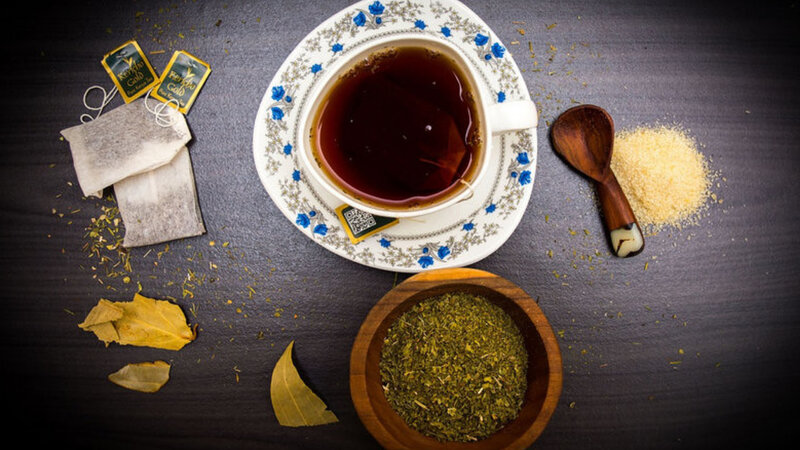
To achieve overall health Ayurveda has suggested certain diets that are beneficial to our body. It has mentioned various recipes for different ailments, such as weight loss, etc.
There are many drinks described that can help to maintain good health. One of these drinks is tea, which when prepared with various spices and herbs can give the best results for various ailments. Below are some of these Ayurvedic tea recipes that will be helpful to you.
Green Tea ingredients – Spices and its Benefits
Every time people search the web for herbal teas, there are some fascinating recipes to be found. Herbal tea recipes, green tea recipes & tea remedies for various health benefits are not at all new.
They are the most common and effective way to take the herbs into your system quickly and in the relevant dose. Below is detailed information on how to make Green Tea at home with Green Tea ingredients, the spices used, and herbs that can get the desired results.
Below are some of the top herbal tea remedies that can be made into a nice herbal infusion or tea by using a simple herbal recipe for tea.
1. Black Tea
It has been proved and found in most research that green tea is full of antioxidants and may provide more protection than we suspected.
It is due to the compound called “epigallocatechin gallate” (EGCG) found in tea helps to protect LDL ( good), which helps to prevent cardiovascular disease. Besides this, some studies have also indicated that black tea has anti-viral and anti-cancer.
2. Cloves
Clove is helpful in proper digestion with analgesic (pain relief) properties. It can help to relieve ulcer pain and have an antibacterial action.
3. Cardamom
It is the common ingredient found in Ayurveda and in almost all Tibetan medicine formulas. Cardamom is helpful in proper digestion and supports the immune system of the body. It also helps to detoxify the body, improve circulation, and can also fight against respiratory allergies.
4. Cinnamon
It is a wonderful herb with digestive properties and can also help in balancing blood sugar. Furthermore, research has shown that cinnamon has antibacterial, anti-oxidants, and anti-inflammatory.
5. Black Pepper
New research has indicated that black pepper can affect metabolism. The study has shown that black pepper can melt down the fat storage in the body and prevent the accumulation of fat. Black pepper also supports antioxidant and antibacterial properties and helps digestion.
6. Ginger
A root importantly used in Ayurvedic medicine, it aids in digestion, boosts the immune system, improves circulation, and reduces inflammation.
It is especially useful for people suffering from arthritis. It provides antioxidant support; some research has also shown that ginger can be helpful in fighting cancer cells.
7. Fennel
It has a great source of antioxidants and provides vitamin C, fiber, and potassium it has also shown some anti-cancer effects.
Green Tea Recipe – How to Make
Herbal tea or Green tea has clinically shown to possess good benefits for your health. It is a very natural safe way and more important not to deal with the drug with medicinal properties.
Below are some of the green tea recipe that tends to be safer for your digestive systems, cough, and cold, Asthma, and promote total body health.
1. Keshar green tea as antioxidant
Saffron was detailed in 7th-century BC as per the Assyrian botanical reference under Ashurbanipal. The documentation showed that the saffron was used in the span of around 4000 years for the treatment of some 90 illnesses.
The contradictory theories explain that the saffron arrival in South Asia in Kashmir and Chinese between 900-2500 years. Scene than it is used in foods and dyes subsequently spread throughout south Asia.
Recipe:
- Take 40 gm Ashwagandha
- 1 gm Keshar
- Dalchini 50 gm
- Jaiphal 5 gm
- 4 gm javitri.
- Now ground them all together and boil the mixture in water.
2. Tulsi Tea for Soothing
Tulsi is considered a stress reliever in Ayurveda due to its strong aroma and astringent properties. The adaptogen that is present in their leaves has been shown to help property of aroma in lengthening the life of a person.
Recipe:
- Take 50 gm Tulsi
- 5 gmBrahmi
- 25 gm Saunf
- Banafsha 15 gm
- 7.5 gm Dalchini
- Iliachi dana 15 gm
- 25 g Lalchandan
- 25 g Kali Mirch
- Now ground them all together and boil the mixture in water.
3. Ayurvedic tea for digestion
One way to alleviate and improve digestive system problems is to drink some tea. The benefit of drinking green tea is that it helps to dilute stomach acid.
It can also help with acid reflux and many unpleasant sensations related to indigestion. The herbal green tea can also go a long way toward soothing the digestive system and reduce inflammation
Recipe:
- Take 3 cups of water
- 1 teaspoon cumin
- ½ teaspoon coriander seeds
- ½ teaspoon fennel seeds
- 2 teaspoon honey
- Now boil water and after removal of the flame, soak ingredients except honey for about 5 minutes. Strain the tea and add honey to make it sweet.
4. Banafsha Tea for cough and cold
The plant “Viola odorata ” is known as Banafsa, Banaksa, or Banafsha in India. It is a herbaceous flowering plant with a sweet scent that has proved popular across generations especially in the late Victorian period. It, therefore, has been used in the production of many perfumes, cosmetics, and perfumes.
Recipe:
- Take 15 gm Kulanjan
- 60 gm Banafsha
- 20 gm Mulathi
- Now ground them all together and boil the mixture in water. Later add one drop of mint and eucalyptus oil.
5. Jushanda Tea for Relief in Asthma
Joshanda is an herbal tea that came back from Unani Tibb (Greco-Arab ) that was in the 11th century. It was used and still is been used to this day for its natural medicinal benefits for coughs, colds, and flu.
The word Joshanda means “boiled essence of a thing,” the word has become synonymous with a remedial drink for recovery from flu and other colds in the subcontinent.
Recipe:
- Take Somavali 15 gm
- 25 gm Vasaka
- 30 gm Mulathi
- 2 gm Naushadar
- Now ground them all together and boil the mixture in water.
6. Herbal Laxative Tea
laxative tea’s popularity is due to the belief that it cleanses the toxins of the body and helps prevent weight gain. Most teas contain a variety of herbal ingredients such as senna, licorice root, Cascara, rhubarb root, buckthorn, aloe, and other natural ingredients derived from plants. It is helpful to relieve constipation.
Recipe:
- Take 10 gm Senna
- 90 gm Dhania
- Now ground them all together and boil the mixture in water.
7. Herbal Tea for Diuretic
It is an herbal tea with water retention. It is a great diuretic that detoxifies bacteria and is used to flush the urinary system.
It is a diuretic agent that increases the volume of urine excreted and prevents the stone formation and dissolves kidney stones. There is a wide range of herbal green teas used as diuretic tea.
Recipe:
- Take 25 gm Varun
- 26 gm Hauber
- 25 gm Punernava
- Gokshru 24 gm
- Now ground them all together and boil the mixture in water.
Balancing Your Doshas with Ayurvedic Green Tea
1. Kapha Dosha Tea Recipe: Take an equal amount of (1/4 teaspoon) fenugreek seeds, dry ginger, dill seeds, 1 clove, and 1 cup water. Mix all ingredients. Mix all ingredients and boil water, add the herb mixture to it. Keep it for 5 minutes, strain and serve it will balance your Kapha dosha.
2. Pitta Dosha Tea Recipe: Take an equal amount of (1/4 teaspoon) coriander, fresh coriander, cumin seeds, fennel, rose petals, and 1 cup of rose water. Mix all ingredients and boil water, add the herb mixture to it. Keep it for 5 minutes, strain and serve it will balance your pitta dosha.
3. Vata Dosha Tea Recipe: Take an equal amount of (1/4 teaspoon) ground cardamom, cinnamon, grated fresh ginger, Ajwan seeds, and 1 cup of water. Mix all ingredients and boil water, add the herb mixture to it. Keep it for 5 minutes, strain and serve it will balance your Vata dosha.
Green tea is one of the effective Ayurvedic medicines that have been used by people during ancient times. It is still working and is as valuable and good as in ancient times.
It is because of its health benefits, green tea goodness has been elaborated in several countries throughout the world.

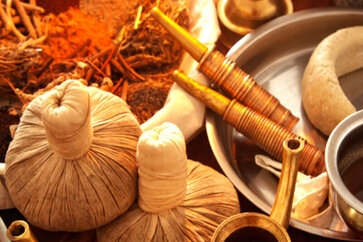




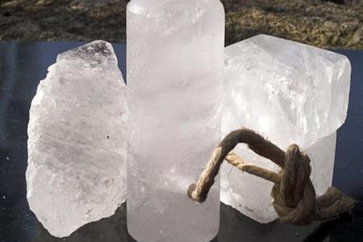
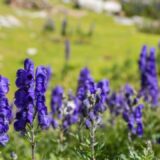
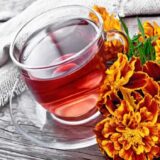














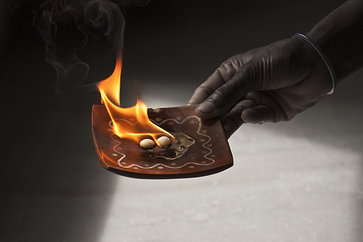


The distinction between green and black tea is that it comes to the drying process, unlike green tea leaves they are ready for consumption after drying, but when it comes to black teas also undergoes a process known as oxidation.
one of the benefits of Green tea is that it has EGCG antioxidant, known to be highly effective, the same manner as vitamin C and vitamin E, which can help protect cells from serious damage caused by free radicals.
Thanks so much pertaining to giving us an update on this theme on your website. Please realize that if a new post becomes available or if any improvements occur about the current article, I would be thinking about reading more and focusing on how to make good utilization of those methods you talk about. Thanks for your efforts and consideration of other individuals by making this site available.
study at the University of Birmingham, researchers found that fat oxidation rates increased by as much as 17% when green tea was included in the diet.
I like to drink green tea because it is a very natural state, and tastes more plant-like somewhat “grassy” taste than black tea.
A Japanese study published in the American Journal of Physiology; Regulatory, Integrative and Comparative Physiology has shown green tea has potential to improve your endurance running.
to maximise the anti-oxidants in green tea, you need to steep the tea for at least three minutes; five minutes is ideal.